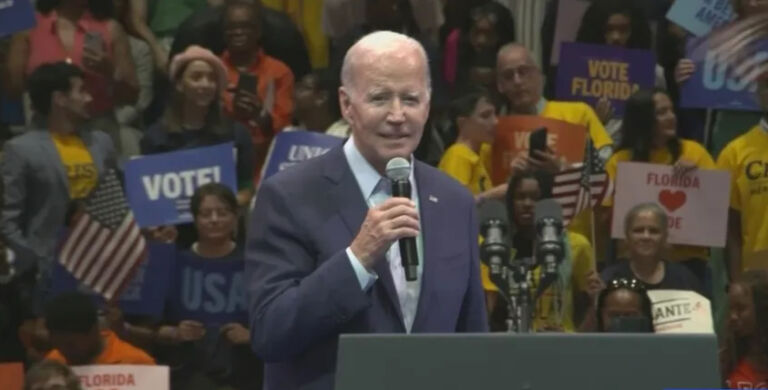Yuval Levin writes about the U.S. Constitution’s critical importance in today’s troubled political climate.
We live in an age of animosity. Americans are polarized, and often bitterly divided. And the institutions of our public life seem only to exacerbate our discord. Congress, the presidency, and the courts have all become arenas and objects of culture-war enmity, so that frustration with the constitutional system’s assorted dysfunctions is rampant. Too many Americans are therefore persuaded that our Constitution is unsuited to our contemporary circumstances—that it assumes a more unified society than we now have, makes it too difficult to adapt to changing times, and so in this divided era can only make our problems worse.
But what if we are divided less because our constitution is failing us than because we are failing the Constitution? What if the framework of our democratic republic could offer us a guide to the hard work of fostering cohesion and forging common ground?
In fact, just that sort of work is a crucial purpose of the US Constitution. It is not its only purpose, of course. The document is meant to enable American self-government, on the terms demanded by the Declaration of Independence and in light of the imperatives of order, justice, virtue, liberty, and safety, among others. The preamble to the Constitution nicely summarizes its formidable aims. But that list of objectives does begin with the ambition to “form a more perfect union,” and the modes of governance created by the Constitution compel a fractious people to build coalitions and seek mutual accommodation.
The Constitution’s unique approach to that work of cohesion defines a great deal about our system of government. And a critique of that approach to unity has long been at the heart of the progressive repudiation of the Constitution. A clearer grasp of both could point the way toward some governing reforms that could not only help our institutions function a little better but might also help ease our divisions.


